ARTICLE AD BOX
Canadian point guard Shai Gilgeous-Alexander had an incredible season. He was the MVP of the league, the best scorer, an All-Star, a member of the first five, the MVP of the Western Conference Finals in the playoffs, and finally the champion and the MVP of the NBA Finals. Gilgeous-Alexander paid well for such an unreal season.
The Oklahoma City Thunder decided to reward their best player and franchise holder for everything he has done. He extended his contract until the end of the 2030/31 season and now has a super-max contract worth $285 million. This means that Shai will earn over 70 million a year, which is the highest salary in NBA history. In the 2030/31 season, he will have as much as one million dollars per game!
This is the second time the Canadian has extended his contract with the Thunder since he came in a big trade in 2019. The leaders of Oklahoma do not want to leave anything to chance, so they "locked up" Gilgeous-Alexander for at least another six years and thus solved all concerns about their best player.
Dillon Jones left the club
Immediately after winning the title, Oklahoma finished work on the current roster and went on a well-deserved rest with a calm head. Dillon Jones left the club, Jalen Williams (center) and Ochai Agbaji got new contracts, and now it's Shai's turn. After him, both Chet Holmgren and Jalen Williams (guard) are expected to sign new contracts and be quiet for the next few years.
Gilgeous-Alexander had a season that will be remembered for a long time. He became only the fourth player in the history of the NBA to be the MVP of the league, the MVP of the finals and the best scorer of the league in one season. Before him, only Kareem Abdul-Jabbar, Michael Jordan and Shaquille O'Neal managed it.
He joined a select group of greats and cemented his place in the history books of the NBA. Now he has done it from the financial side by signing a contract that has not been seen before.
He was the leading scorer with an average of 32.7 points (with five rebounds and 6.4 assists) on excellent shooting percentages (51.9% from the field, 37.5% from the three-point line and 89.8% from the free throw line) and led Oklahoma to 68 wins, then to the title and two more MVP awards in the playoffs.

 2 weeks ago
21
2 weeks ago
21
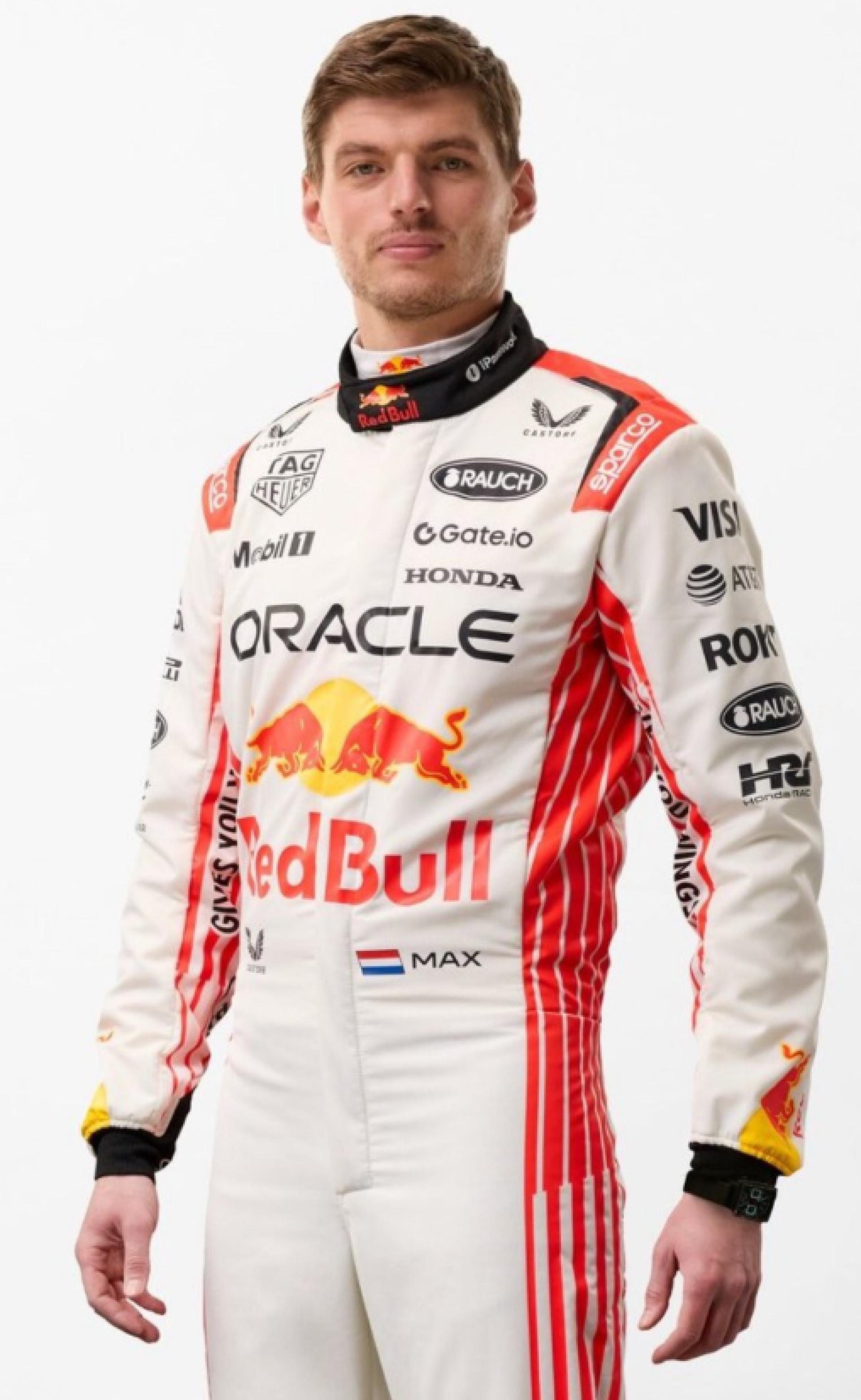
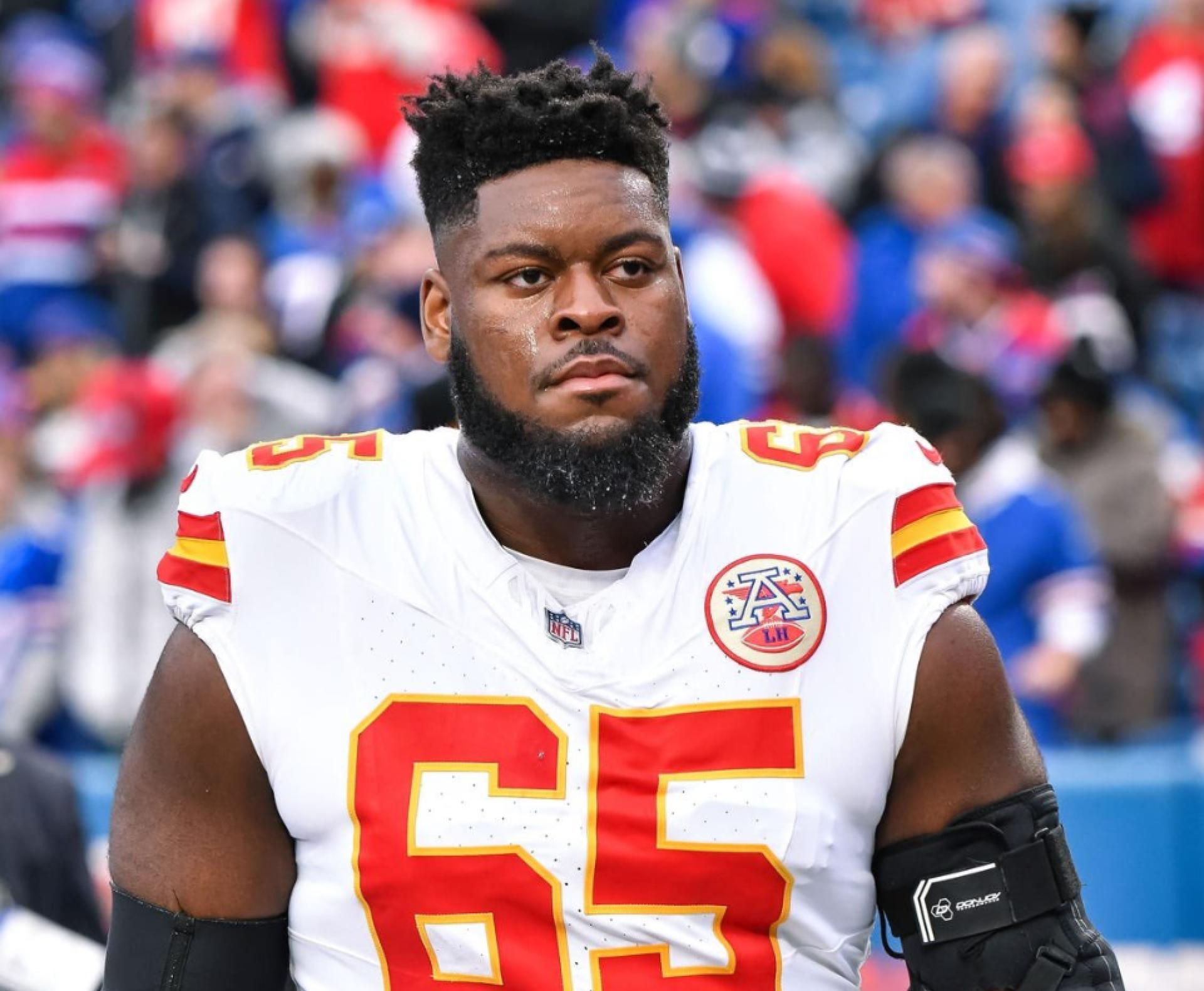

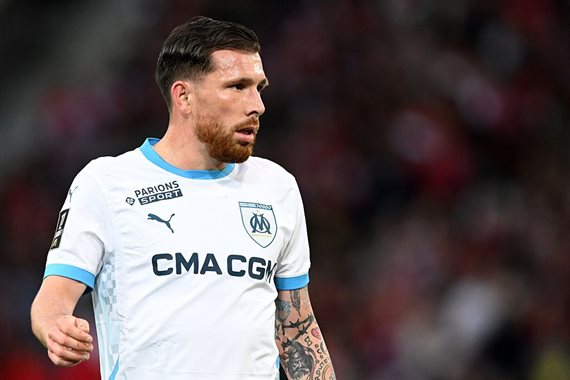
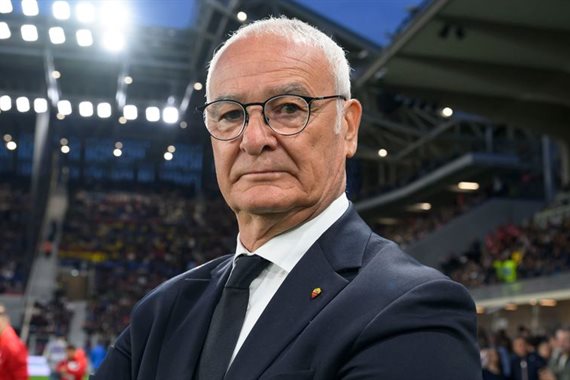

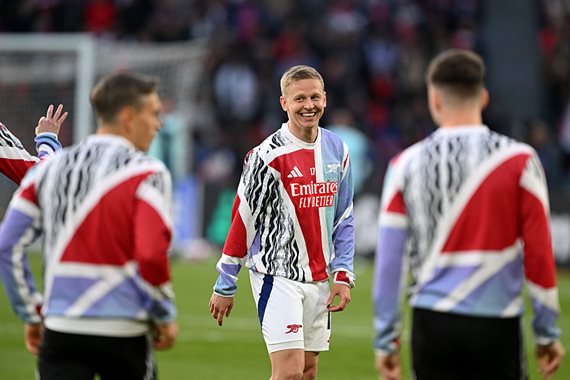

 English (US) ·
English (US) ·